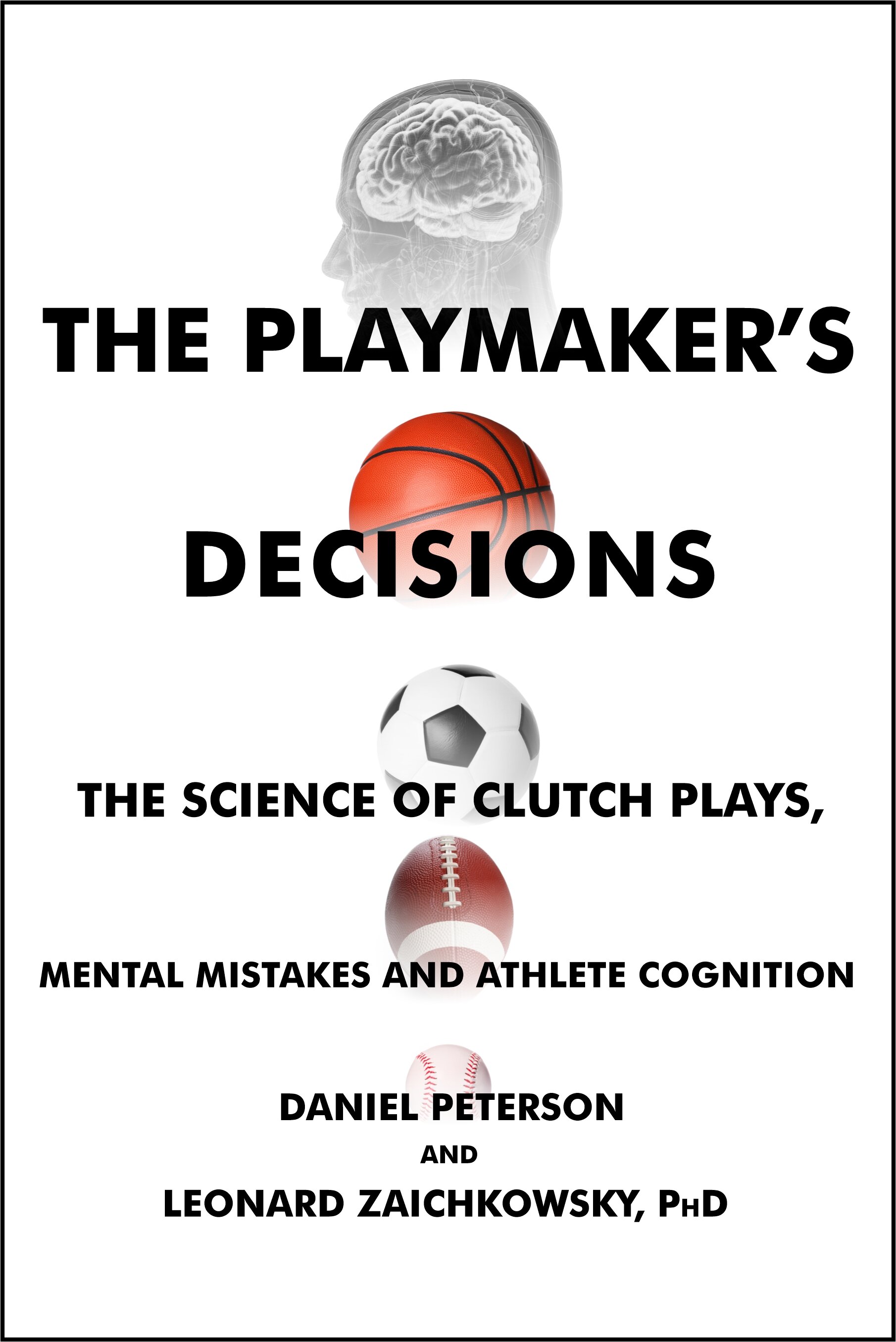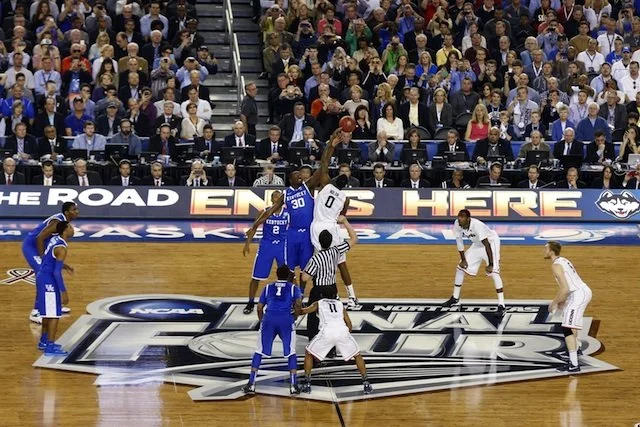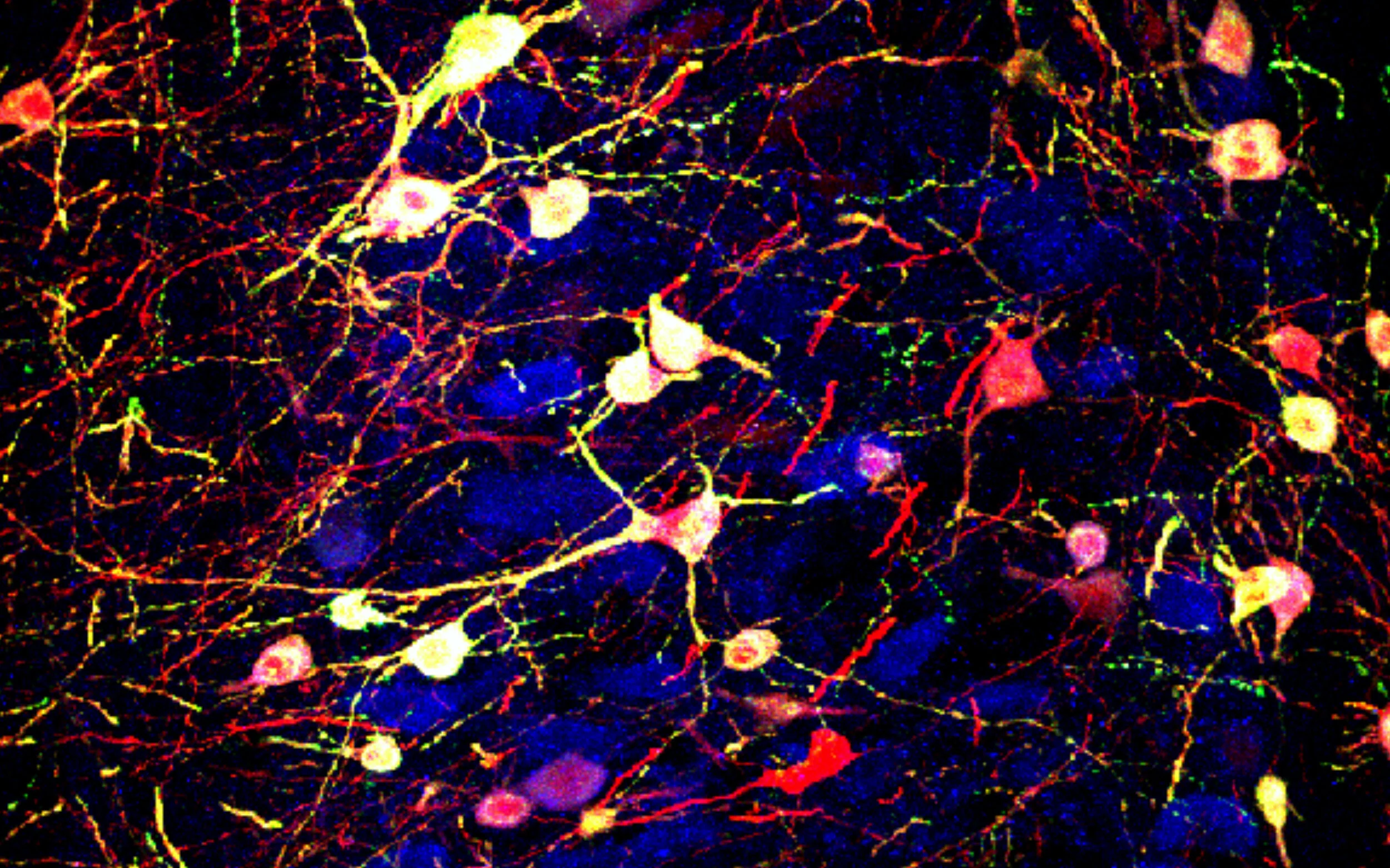You’ll hear the same thing over and over on high school and college football fields this month. “We just have to get our reps in.” “Time to knock the rust off and find our rhythm.” “Its all about timing and getting everyone in sync.”
The common theme for players is trying to increase the efficiency of their thinking and their movements, better known as muscle memory. By repeating the same motions and plays, practice may not become perfect but it certainly will improve. Now, neuroscientists at the University of Pittsburgh School of Medicine have found that brains actually do become more energy efficient after numerous repetitions by decreasing the electrical activity between neurons.
Unlike its meaning in strength conditioning, muscle memory in skill development is also referred to as motor learning. By stringing together an entire series of micro movements, whether it be a QB throwing a back shoulder pass or a linebacker executing an open field tackle, the recipe for the whole process becomes a procedural memory stored, obviously, in the brain not the muscles. Located in the brain’s primary motor cortex, this neural network has been shown to decrease in activity as athletes go through the learning process as it finds the most economical connection pathways between neurons.
Neuroscientist Peter Strick, professor in the Department of Neurobiology at the Pitt School of Medicine, wondered if this decline in metabolic activity coincided with a decrease in the number of neurons firing. He and his research team trained monkeys to do two tasks, one where they had to learn to anticipate a point appearing on a screen and one where they had to learn a short sequence of movements without any visual cues. The second task simulated a motor learning experience where they had to string together a complete movement, like throwing a bullet into double coverage.
They found that the level of neuron firing was the same with both tasks but the metabolic or connection activity required was lower for the internally remembered task. The research was just published in Nature Neuroscience.
“This tells us that practicing a skilled movement and the development of expertise leads to more efficient generation of neuron activity in the primary motor cortex to produce the movement. The increase in efficiency could be created by a number of factors such as more effective synapses, greater synchrony in inputs and more finely tuned inputs,” Dr. Strick noted. “What is really important is that our results indicate that practice changes the primary motor cortex so that it can become an important substrate for the storage of motor skills. Thus, the motor cortex is adaptable, or plastic.”
So, those endless drills and repetition really do physically change the structure of the brain. Getting football movements installed as muscle memory lets the player perform them automatically without thinking about each movement component.
To continue with mental reps even after the two a day practices end, many young QBs are turning to cognitive training tools, like the Axon QB app for iPad. The sooner the better before the season starts.













